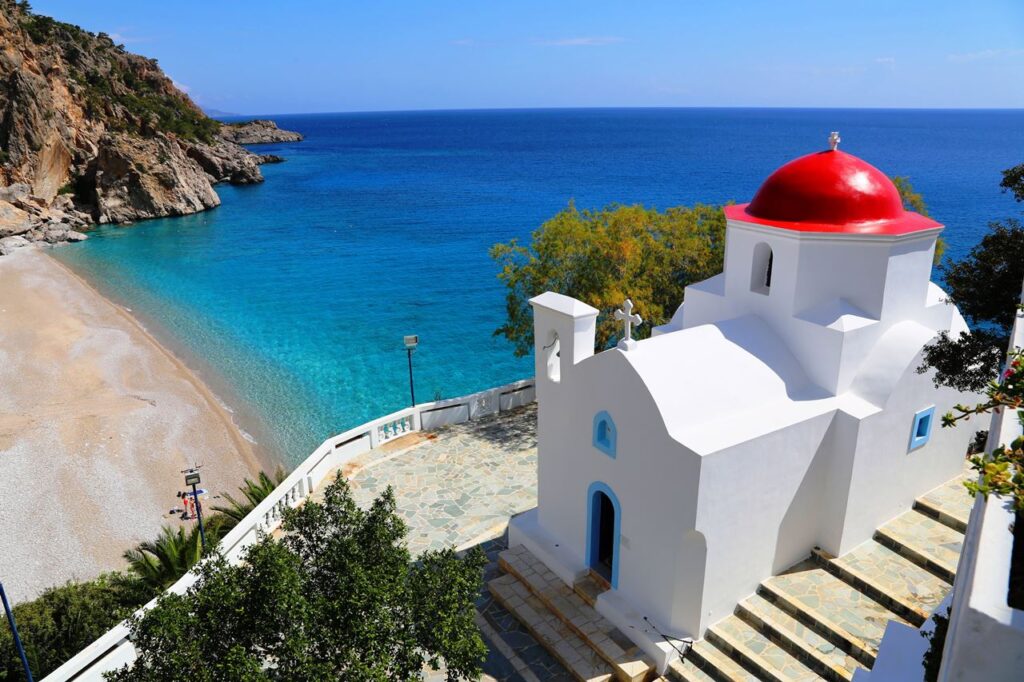After a recession in 2020, the global tourism is finally recovering, and by the end of 2024, travel spending is expected to reach $8.6 trillion, with one-third of consumers willing to invest in new travel experiences and adventures.
The phenomenon of over tourism, which has seen some cities overcrowded and their resources put to the test. This can be seen in the fact that 80% of travellers visit only 10% of the world’s tourist destinations.
Hypertourism
According to the report “The State of Tourism and Hospitality 2024” by McKinsey & Company, the busiest cities in the world, based on the number of overnight stays in 2023 by domestic and foreign visitors per square kilometer, are: Dubrovnik (Croatia); Venice and Macau. Rome also appears in the top fifteen, in 13th place, just below Paris.
The number of travelers and the frequency of flights will continue to increase. In the first quarter of 2024, overnight stays in accommodation in the EU increased by 6.6% compared to the same period in 2023. In 2030, cities such as Venice will see a 26% increase in tourist arrivals , while Marrakesh (+86%), Amsterdam (+72%) and Dubrovnik (+70%) will experience greater growth.
Today’s travelers are looking for unique and luxurious experiences, which is driving destinations to change.
McKinsey identified four main themes that are changing the industry:
Trips close to home: Despite international travel dominating the headlines, domestic travel still accounts for the majority of spending, with intra-regional tourism on the rise.
Travel Personalization: Travelers no longer want standardized experiences. Operators must segment and personalize their offerings to remain competitive.
Development of luxury tourism: The demand for luxury tourism is growing rapidly, especially in Asia. But luxury travelers are not a homogenous group. Their preferences vary by age, ethnicity and wealth.
Reducing Congestion: Destinations must prepare to handle large tourist flows. Planning, developing and investing in mitigation strategies is essential to the conservation of natural and cultural heritage.
According to a note from the IEF Milan office, hypertourism is a serious challenge for most cities and it is necessary to implement mitigation strategies to protect the cultural heritage and improve the quality of life of their residents. . Indication, reported that, Venice has also adopted a limited access system to deal with excessive tourism. Day tourists, who do not stay overnight, must make a reservation and pay an entrance ticket to visit the city on specific dates.
Record year for tourism in Veneto in 2024
2023 will be a successful year for tourism in Veneto, with 21 million arrivals and 71.9 million overnight stays in total. These figures are expected to be surpassed in 2024, according to the first figures for the first quarter of the year. Between January and March 2024, arrivals increased by 12% and overnight stays by 12.6%, reaching 2,968,562 arrivals and 7,394,995 overnight stays. In Eastern Veneto, 1,891,138 arrivals (+20.5%) and 4,400,245 overnight stays (+11.5%) were recorded, surpassing the figures of 2019.
In total, in 2023 there will be 13.6 million arrivals and 46.9 million overnight stays in Eastern Veneto alone. Especially remarkable is the growth of arrivals in the cities of art (+22.7%) and in the mountains (+15.3%).
For 2024, the outlook is particularly positive with an expected 65.8 million arrivals (+2.1%) and 266.1 million overnight stays (+1.1%). An increase in tourism is expected from countries such as Poland and the Czech Republic, as well as from the already established markets of the USA, Germany, France and Austria. The introduction of the entry ticket in Venice has not had a negative impact on tourist traffic, with the average room occupancy remaining above 63% from January to May 2024.
In addition, tourism entrepreneurship is strengthened with significant investments that increase the quality of the offer, increasing the average income per room by 16%. Salvatore Pisani, President of the Tourism and Culture Group of Confindustria Veneto Est, emphasizes that Venice remains an important pole of attraction for visitors, while the introduction of the National Indicative Code (CIN)1 is expected to regulate those short-term rentals and protect the city from unfair competition.

